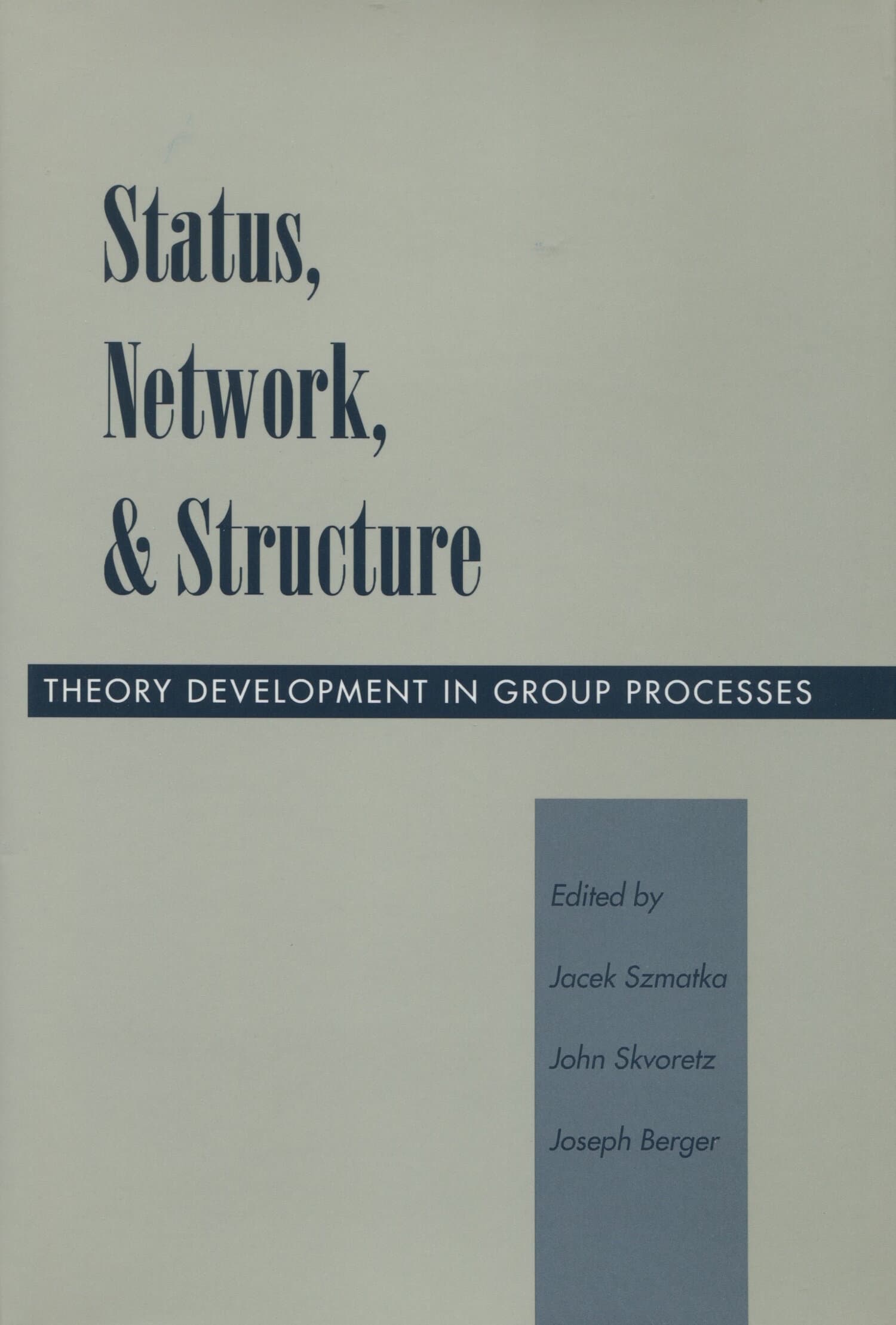The Handbook of Rational Choice Social Research
Award Winner
2014: James Coleman Best Book Award
Winner of the 2014 James Coleman Best Book Award, sponsored by the ASA Rationality and Society Section.2013: Outstanding Academic Title
Winner of the 2013 Outstanding Academic Title Award, sponsored by Choice.

The Handbook of Rational Choice Social Research offers the first comprehensive overview of how the rational choice paradigm can inform empirical research within the social sciences. This landmark collection highlights successful empirical applications across a broad array of disciplines, including sociology, political science, economics, history, and psychology.
Taking on issues ranging from financial markets and terrorism to immigration, race relations, and emotions, and a huge variety of other phenomena, rational choice proves a useful tool for theory- driven social research. Each chapter uses a rational choice framework to elaborate on testable hypotheses and then apply this to empirical research, including experimental research, survey studies, ethnographies, and historical investigations. Useful to students and scholars across the social sciences, this handbook will reinvigorate discussions about the utility and versatility of the rational choice approach, its key assumptions, and tools.
"Spearheaded by three preeminent scholars, offering the best qualitative, quantitative, and theoretical work in the field, this handbook illustrates the diversity of empirical research guided by rational choice theory. The logic is engagingly simple, the substantive insights impressive."—Ronald S. Burt, The University of Chicago
"A marvelous must-read for anyone interested in human behavior. The Handbook of Rational Choice Social Research takes on the challengers to rational choice and shows in a remarkable breadth of applications how rational choice models and empirical evidence can advance our understanding of virtually every aspect of social interaction. This handbook is the antidote to the vast amount of misguided, misinformed, or out-of-date critiques of the rational choice perspective."—Bruce Bueno de Mesquita, New York University and Senior Fellow, emeritus, The Hoover Institution, Stanford University
"This volume provides a deep and wide-ranging review of the strengths, weaknesses and accomplishments of modern rational choice theory. By taking a problem-oriented approach, and focusing on empirical evidence across topics ranging from institutional design to the assimilation of immigrants, and from the advance of secularization to the origins of war, the contributors offer a rich menu of directions for any researcher exploring this field."—John Sutton, The London School of Economics




